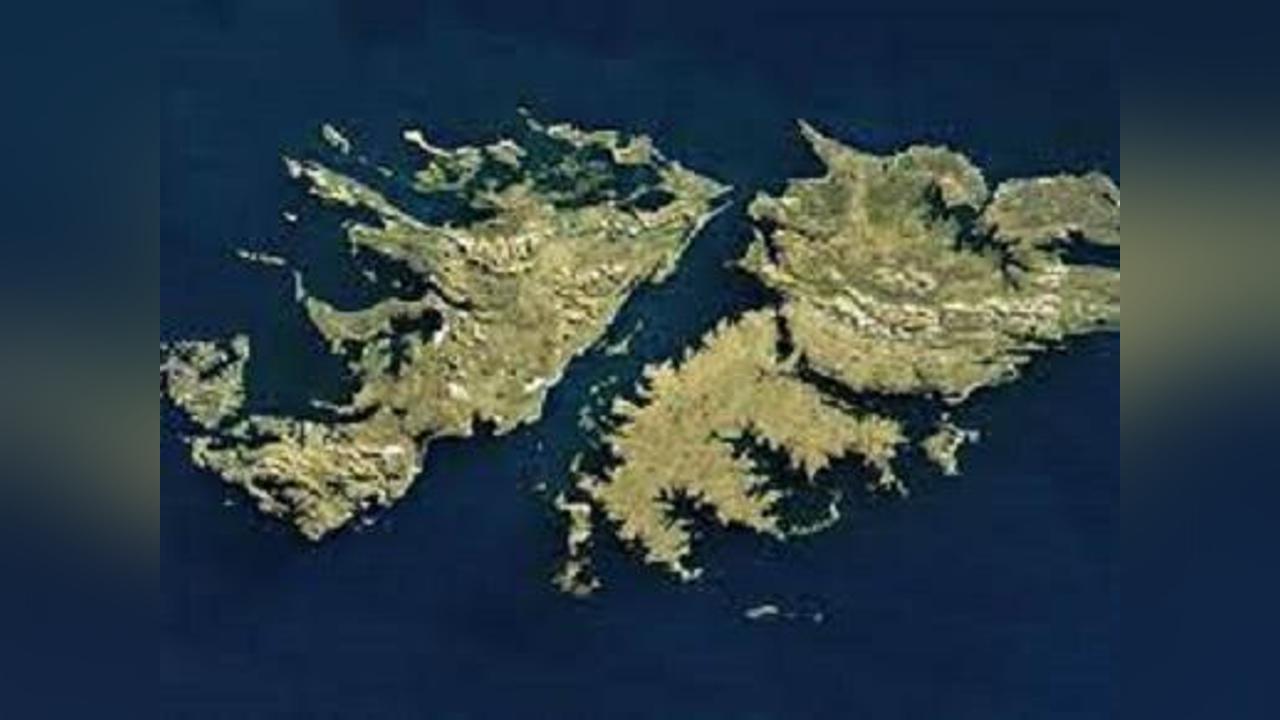Africa-Press – Mauritius. Mauritius has disputed the UK’s sovereignty, and the removal of local Chagossians by the UK is controversial. Talks are planned to resolve outstanding issues.
In 1965, the UK created the British Indian Ocean Territory (BIOT), also known as the Chagos Archipelago. From 1968 to 1973, it removed the local population, known as Chagossians or Ilois, for a UK-US military base on the BIOT’s largest island, Diego Garcia.
Two disputes arose from these events: Firstly, the claim of Mauritius to hold sovereignty over the BIOT and secondly the right of Chagossians to return.
The UK has consistently rejected Mauritian claims and committed to cede sovereignty when the Territory is no longer needed for defence purposes. While the Government has apologised for the treatment of Chagossians, it has concluded a return to be too challenging and expensive.
In November 2022 the UK and Mauritian Governments announced they would enter into negotiations to resolve “all outstanding issues” on the BIOT. This follows increasing criticism of the UK at the UN and international courts.
This briefing paper explains the creation of the BIOT, the removal of its population, legal disputes, and issues for the 2022/23 negotiations. The creation of the BIOT The UK took control of the Archipelago in 1814.
It was then administered from Mauritius, a UK colony, until 1965, when the UK created the BIOT through an Order in Council (a law made by the Privy Council), ruled by a Commissioner.
This followed UK-US negotiations to establish a military base on the BIOT to counter Soviet and Chinese influence in the region. A 50-year agreement for the base was signed in 1966 (PDF), and was renewed for 20 years in 2016.
Mauritian Government ministers agreed to the detachment prior to the country’s independence in 1968 and accepted UK undertakings to cede the Archipelago to Mauritius when no longer needed for defence purposes.
The UK also paid £3 million in recognition of the decision. The removal of Chagossians Citing the economic unsustainability of the Archipelago, from 1968 to 1973 the UK removed between 1,400 and 1,700 Chagossians from the BIOT (though numbers are uncertain).
Many were resettled in Mauritius, the Seychelles, and in the UK, with concentrations in Crawley and Wythenshawe. Laws made by the UK’s Commissioner made it illegal to stay or return without permission.
The UK has apologised for the nature of their removal, and announced three payments to support their resettlement, with the most recent in 2016. Disputed sovereignty
The UK has consistently defended its sovereignty of the BIOT, stating Mauritius has never held sovereignty over the Archipelago and called for the dispute to be resolved bilaterally through talks, rather than international courts.
Since the 1980s, Mauritius has advanced its sovereignty claims (PDF) through international fora such as the UN, arguing the UK’s retention of the BIOT constitutes an unfinished act of decolonialisation (PDF).
Most recently, in 2017 the UN General Assembly voted to refer the issue to the International Court of Justice (ICJ), which in 2019 advised the UK should end control within six months.
A 2019 UN vote called for the UK to adhere to the court’s advice. The UK has said the ICJ advice is not a legally-binding judgment, and that it would cede the BIOT when no longer needed for defence purposes.
Disputes over the return of Chagossians There has been litigation by Chagossians in UK courts seeking their right to return. The UK Government has commissioned two studies on the possibility of return, in 2002 and in 2015 (PDF).
In 2016, “on the grounds of feasibility, defence and security interests and cost to the British taxpayer,” the Government said a return could not be supported.
Chagossians have challenged the prohibition on their return through the UK courts—their court victory in 2000 saw the Government repeal the BIOT ordinances prohibiting their return, but following the 2002 feasibility study (PDF), restrictions were re-introduced in 2004.
In 2007, the House of Lords ruled that the UK Government had the legal power to prohibit their return. 2022/23 negotiations In November 2022, the UK and Mauritian Governments announced they would enter into negotiations to resolve “all outstanding issues” on the BIOT, including sovereignty and the position of the Chagossians.
These are intended to conclude in early 2023. The Governments have said the operation of the military base will continue. Mauritian ministers have previously offered the US a 99-year lease for the base. Mauritius has backed the return of Chagossians to the Archipelago (PDF) in the past but no change has been announced in the UK’s position.
For More News And Analysis About Mauritius Follow Africa-Press







